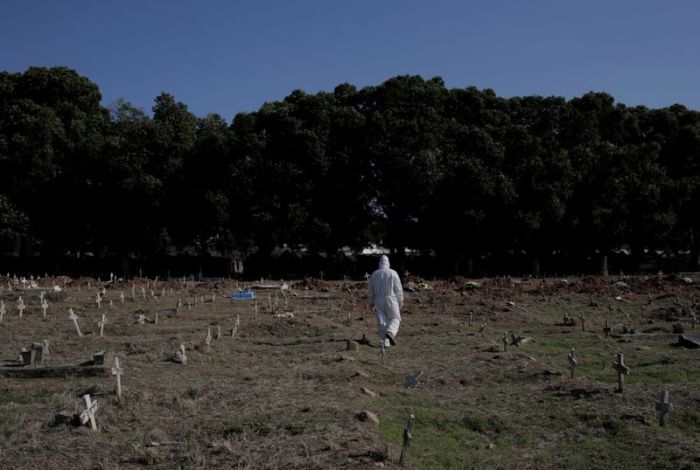WELLINGTON (Reuters) – New Zealand on Monday extended a ban on cruise ships arriving in the country and tightened measures for visitors to exit quarantine, after reporting more coronavirus cases linked to overseas travel.
The country, which has recorded just 22 deaths from COVID-19, was among the first in the world to end all restrictions after declaring it had no active cases, but has seen a small number of new cases in recent days.
“We are extending the current cruise ship ban which was due to expire on the 30th of June,” Prime Minister Jacinda Ardern said in a news conference.
Cargo vessels will still be allowed to load and unload, fishing vessels to unload and resupply, and vessels can come to New Zealand to undertake repairs and refitting, Ardern said, although some quarantine rules would be tightened.
New Zealand reported two new cases of COVID-19 on Monday, both in managed isolation facilities, taking the total number of active cases to nine.
All active cases are people staying in quarantine facilities after entering the country, and there has so far been no evidence of community transmission.
The government has come under pressure after a slip-up allowed two women with coronavirus to move around the country, and Ardern last week called in the military to oversee quarantine facilities.
Ardern further tightened border measures on Monday, saying people in quarantine may need to do multiple virus tests, and they must test negative for coronavirus before leaving the facilities.
“For a person to meet the low-risk indicator by day 14 to leave isolation or quarantine, they are expressly required to submit to a test and that test must be negative,” Ardern said at the news conference.
New Zealand has recorded 1,163 confirmed cases of COVID-19 in total.
(Reporting by Praveen Menon and Renju Jose; Editing by Richard Pullin)























